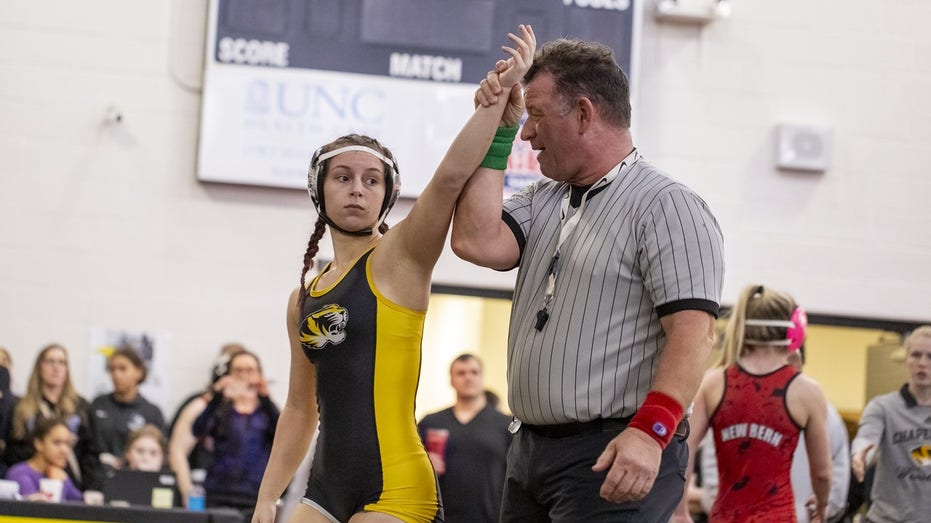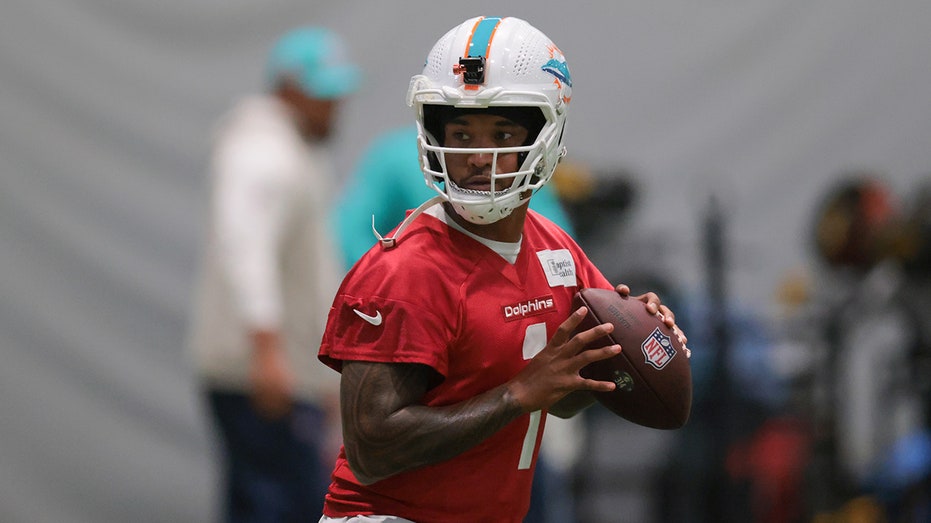Siena's Fight: Redefining 'Wrestle Like a Girl' Against All Odds

Sarah Johnson
March 2, 2025
Brief
Siena’s inspiring journey in high school wrestling highlights her resilience battling seizures, gender barriers, and adversity, redefining what it means to 'wrestle like a girl.'
"Siena, are you hearing what I’m saying?"
Her father’s voice tried to cut through her dazed stare as she looked straight past him. Moments later, the inevitable happened: another seizure. Parents, coaches, and teammates quickly formed a protective circle as Siena convulsed, her father guiding her to the floor to ensure she was safe. Thirty-six seconds felt like an eternity, followed by 90 more before she regained consciousness. But when she woke up, fully alert 15 minutes later, she had no memory of her win at the North Carolina state wrestling tournament just moments earlier.
Two years ago, at the same tournament, Siena had experienced one of her first seizures. Back then, she had just upset a ranked opponent and was one win away from making the podium. But her parents said no to her pleas to continue wrestling. Fast forward to her senior year: with improved medication and an incredible season behind her, Siena was back, determined to fight for her place—until the seizures returned.
Siena’s wrestling journey has been anything but ordinary. She first entered a wrestling competition in sixth grade, competing in both girls' and boys' divisions just to get more matches under her belt. Despite her limited experience, she placed second in the girls’ and fourth in the boys’. By seventh grade, she joined her school team and only lost once that season. Then, COVID-19 wiped out her eighth-grade year, and high school presented a new challenge: to keep wrestling, she’d have to compete against boys.
Her freshman year was a revelation. While most girls on wrestling teams didn’t compete at the varsity level, Siena shocked many by winning over half her matches. It wasn’t easy; she was physically weaker than her male opponents, but she adapted with skill, flexibility, and sheer grit. However, wrestling culture hadn’t changed much since her father’s days on the mat in the ’90s, when losing to a girl was considered humiliating. Siena had to endure the whispers, jokes, and mockery—yet she stayed stoic, determined to earn her place in the wrestling community.
One moment stood out. At the start of her sophomore season, she overheard her opponent say, “Bro, I get to wrestle the girl. Easy day.” His friend quickly corrected him: “Dude, that ain’t no girl. That’s Siena ‘Parmesano’ chick. She’s no joke.” Siena pinned him.
That same year, the announcement of girls' wrestling as an official sport brought hope. But just as the doors were opening, the seizures began. They robbed her of a podium finish her sophomore year, and now, during her senior year, they threatened to do the same.
After her latest seizure at the state tournament, Siena made her intentions clear. “I’m wrestling my next match, Dad,” she said, no longer asking for permission. At 18, she was old enough to make her own decision, and her father knew what this meant to her—going out on her own terms.
Despite the physical toll of the seizure, Siena stepped onto the mat for her next match. She fought hard, staying relentless even as the seconds ticked down. Though she ultimately lost, her final moments were a testament to her resilience: with just 22 seconds left, she pulled off a reversal and nearly turned her opponent to her back. She may not have won, but she left the mat with her head held high, finishing her career fighting to the very end.
For Siena's father, this journey has been a blend of pride, helplessness, and admiration—not just for her, but for all the young women carving out their place in a male-dominated sport. When he wrestled in high school, there were only 112 girls competing nationwide compared to 250,000 boys. Today, that number has skyrocketed to 64,000, thanks to the grit and determination of girls like Siena.
Once, “Wrestle Like a Girl” was a put-down. Now, it’s a badge of honor. Watching Siena rise from the floor after a seizure, fire in her eyes, and insist on competing, her father realized something profound: He could never wrestle like a girl. He just wasn’t tough enough.
Topics
Editor's Comments
Siena’s story is pure grit and heart. The way she took on a sport that wasn’t built for her—both metaphorically and literally—is nothing short of inspiring. But what really gets me is that line, 'I could never wrestle like a girl.' Siena and others like her have flipped the script on what that phrase means, and honestly, it’s about time. Wrestling like a girl? Sounds like the highest compliment to me.
Like this article? Share it with your friends!
If you find this article interesting, feel free to share it with your friends!
Thank you for your support! Sharing is the greatest encouragement for us.



